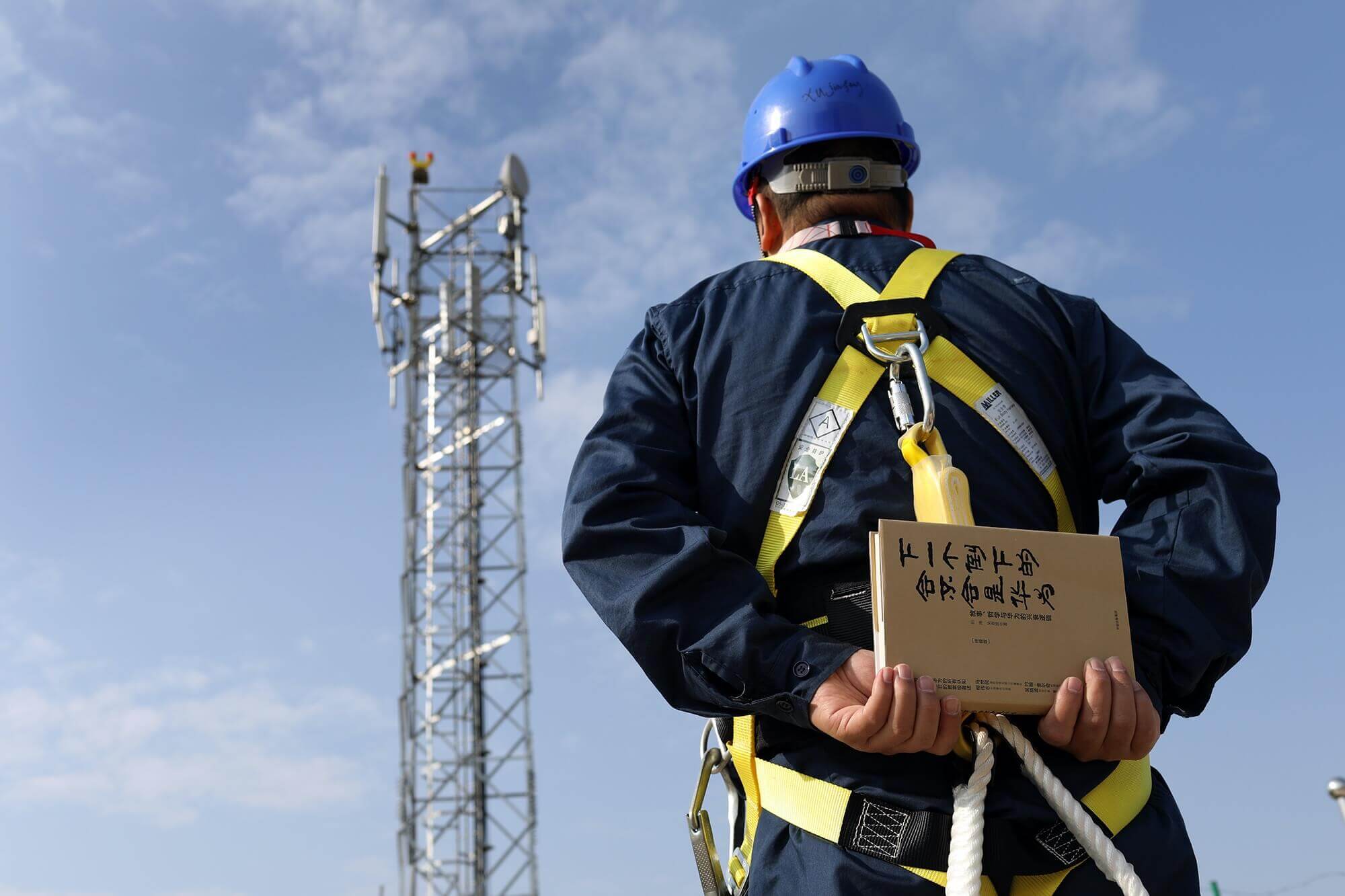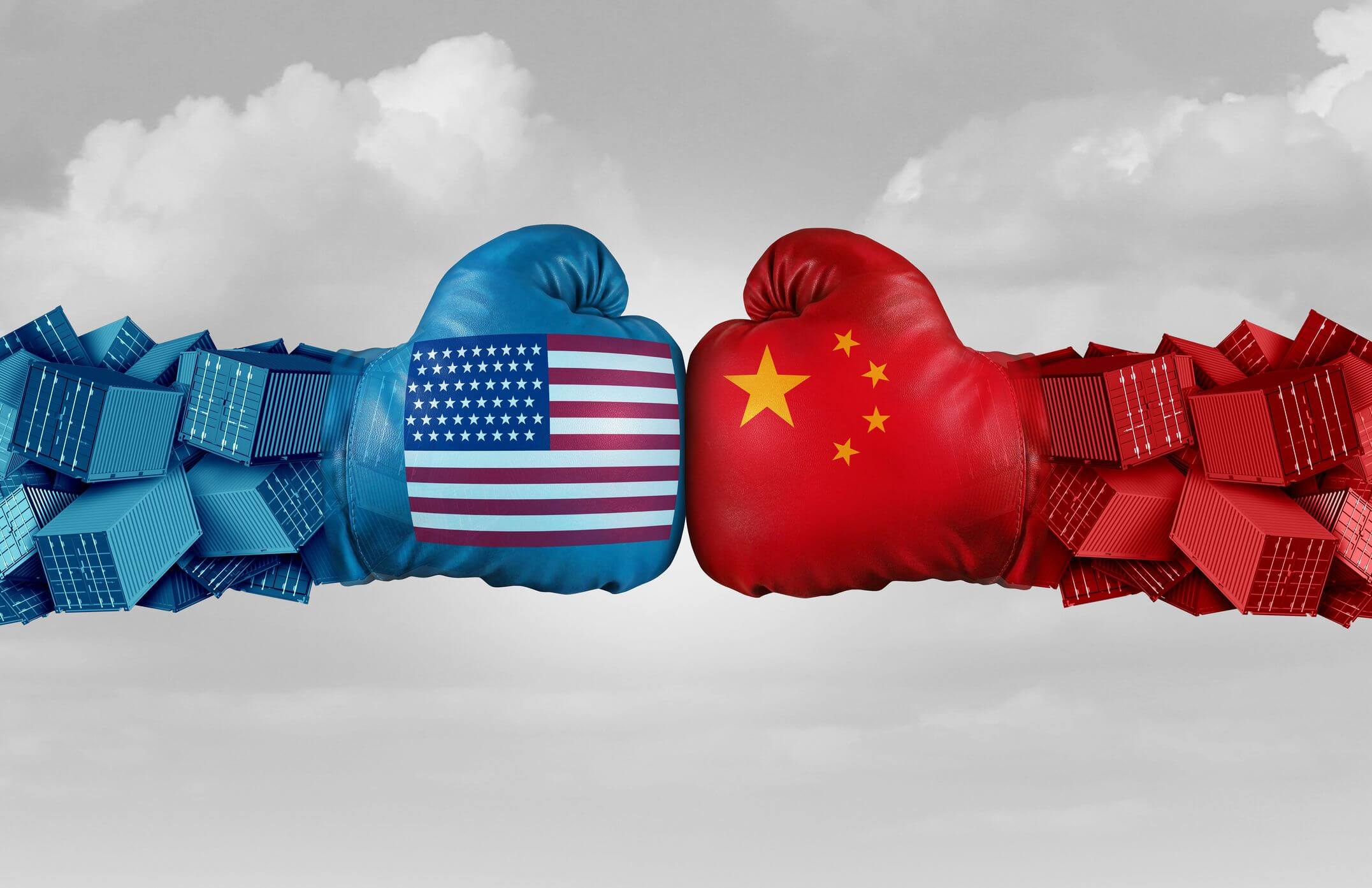The big picture: With Huawei slowly losing its biggest telecom customers in Europe, the direct beneficiaries of such a decision are Nokia and Ericsson. Both share one common vulnerability, though, they both use China as an important part of their supply chain, and could always be hit with restrictions on exporting network equipment made in the Asian country.
The United States introduced a new set of restrictions on Huawei and other Chinese tech giants last May, effectively blocking their ability to do business with American software companies and chip makers that use American intellectual property or equipment. Most notably, the new rules brought an end to Huawei's ability to tap into TSMC to fabricate the chips that go inside its devices.
Naturally, this raised some eyebrows in Beijing and gave way to discussions among Chinese officials about imposing a similar ban on American companies like Apple, Qualcomm, and Cisco.
Earlier this month, Huawei received another blow in Europe where the UK decided to phase out Chinese-made 5G equipment from its networks due to national security concerns. The move will deprive the company of one of its largest customers for network equipment, and this is just the beginning.

In France, government officials are considering a similar decision, and in the meantime have issued recommendations for telecom providers to avoid building out their infrastructure using Huawei equipment. The same guidance is slowly being issued across other countries in the European Union.
According to a Wall Street Journal report, this has turned Beijing's attention towards the EU, and is ready to retaliate against similar measures being adopted by member countries. One set of measures would target two big telecom equipment makers – Nokia and Ericsson – preventing them from exporting hardware manufactured in China to other countries.
The two companies reportedly reviewed their options to deal with potential restrictions, and are considering moving production elsewhere in Asia or even Europe. This process had already started last year as a way to avoid US tariffs and is likely to accelerate, should China decide to interfere with Nokia and Ericsson's Chinese operations.
